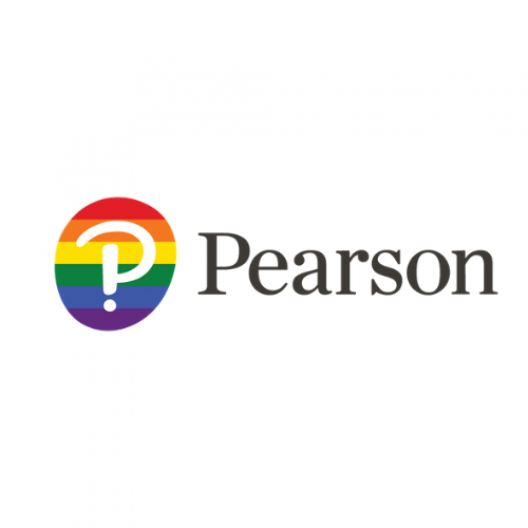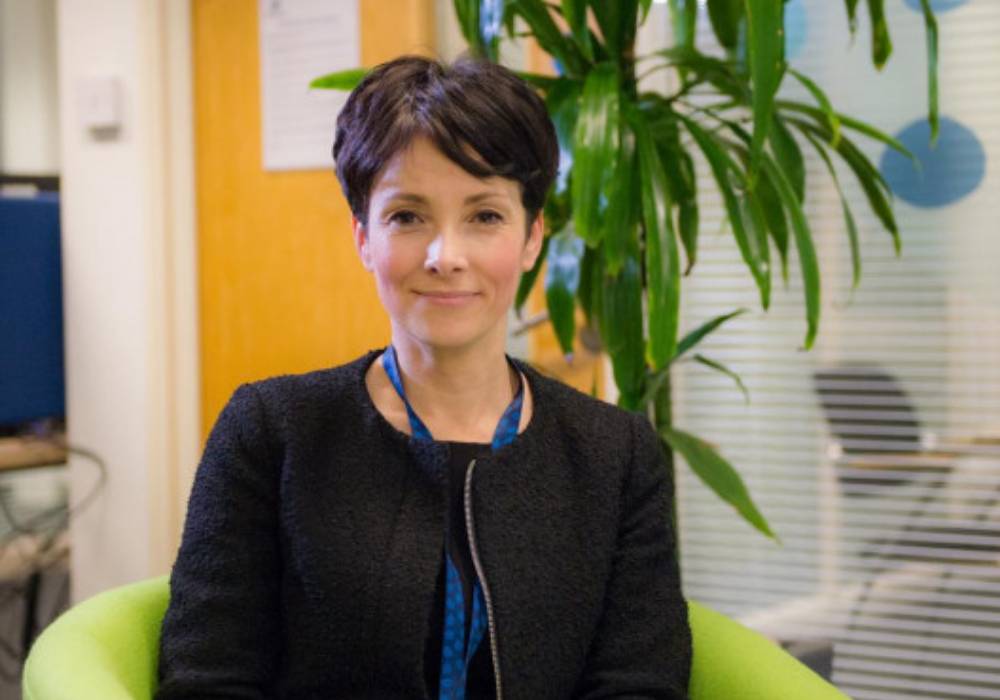
Business Allies: An Interview with Sharon Hague
Business
An interview with Sharon Hague, Senior Vice President, Schools - Pearson
Can you tell us a little bit about yourself and your career so far?
After graduation, I trained as a geography teacher and taught in schools in Essex and Hertfordshire for eight years. I then joined Pearson Edexcel and have been there for over twenty years. I have been very lucky to have had many opportunities at Pearson to develop my career. I am currently responsible the development and delivery of Edexcel qualifications and assessments, together with providing primary and secondary schools with high-quality teaching and learning resources. This involves leading teams across the UK and around the world. Throughout the last 12 months, we have seen schools around the world affected in different ways and at different times by Covid – together with colleagues across Pearson, we have worked hard to support teachers and enable young people to continue to make progress despite the significant disruption they have faced.
In addition to a very interesting work life, I also have two teenage children – I am constantly fascinated (and sometimes challenged) by the very different perspective that teenagers have on the world!

Congratulation on being Shortlisted for Business Allies LGBT British award, what does this nomination mean to you?
I think this nomination is a fantastic recognition of the work of many colleagues across Pearson – I have supported and brought visibility and awareness to their great work. Whilst the work to create an inclusive workplace is never finished, I believe Pearson is a place where you can be yourself – I am very proud that I have been able to contribute to that goal.
What have been the reactions of your colleagues around your nomination?
Nothing but support and encouragement – creating an inclusive culture is one of Pearson goals that has the support of the entire organisation.
What does allyship mean to you?
It is incredibly important to me to do what I can to create a workplace that is truly inclusive. My role working with schools enables me to ensure we create teaching and learning materials that are inclusive – enabling all students to see themselves represented in the material they study.
What do you think are some of the obstacles faced by organisations in driving LGBTQ+ equality in the workplace?
It takes time and requires passion and commitment – initiatives often begin small, driven by a handful of people. It then requires buy-in from leaders, not just in lending support but, in creating policies and goals that commit to genuine LGBTQ+ equality in the workplace. The truly transformational work begins once the culture enables the organisation to embed inclusivity within it’s products and services. To be successful, the entire organisation needs to commit to LGBTQ+ equality.
What are the key elements for a trans-inclusive workplace?
It’s really important that all colleagues feel able to be their true selves in all aspects of their life. That includes gender identity and expression in the workplace. The key elements as I see it are in place in Pearson:
Trans-specific policies so that colleagues at any stage of their transition know that they have appropriate line manager and HR support. In our policies it’s clear that a colleague’s transition can take just as long as that individual chooses it to take.
Systems that help colleagues be recognised as they choose via IT, for example, an email address.
Support - our Disciplinary, Capability and Grievance and Anti-Bullying policies we are clear that failing to recognise somebody’s gender identity and expression is not OK and could in fact lead to Disciplinary proceedings. We have examples of trans colleagues in our Anti-bullying training. This includes being clear that a one-off misgendering of somebody (a genuine slip up), followed by an apology and colleagues moving on is very different to somebody persistently misgendering a colleague – despite knowing full well what their pronouns are.
Recognition - we give colleagues the choice as to what lanyard they’d like to wear, with options including the trans colours – a very visible sign that we see you, we hear you, we stand with you. In addition, I’m proud that our business cards, our intranet and email signatures all include an option for colleagues to express their pronouns.
Developing understanding - we do this by running trans-awareness-specific events and training sessions, bringing in guest speakers who can talk from personal experience.
What does it mean to be an ally?
Being an ally is about making a commitment to be open-minded and respectful – in this instance, to people who may have a different gender identity or want to change their gender identity. I think there are a number of things that an ally can do:
Help raise awareness and signal that your organisation is open to all - one of the most powerful things I have done as an ally, is launch a lanyard campaign inviting those who wanted to show their support to wear, a rainbow or a ‘trans pride’ lanyard. Over 900 people stepped forward and within days we had teams around the world in Pearson wanting to join in. This very simple act had a huge impact.
Listen, learn and most of all respect personal boundaries. You cannot assume that you understand what it is like to walk in someone else’s shoes and this is particularly important as an ally. Recognise that it can sometimes become a huge personal burden for colleagues to be frequently called upon to share their story.
Seek advice - issues are complex and it is important to listen to those with lived experiences. As an ally, I recently lead a session with a trans speaker who shared why using preferred pronouns were so important – the impact was tremendous and many employees from Pearson now indicate their preferred pronouns on their email addresses.
What would you like to say to the people that have helped you achieve this recognition?
What do you hope to see next in the journey for LGBTQ+ equality?
We have worked hard as an organisation to ensure we are diverse, inclusive and equitable. Where I see us having further impact is in ensuring that in all of the countries in which we operate we can be the agent for change externally. This means helping to ensure that all human beings – no matter where they happen to live - feel represented and able to live their lives happily. We’re working with our suppliers around the world to further this work.
You can vote in the British LGBT+ Awards here.

